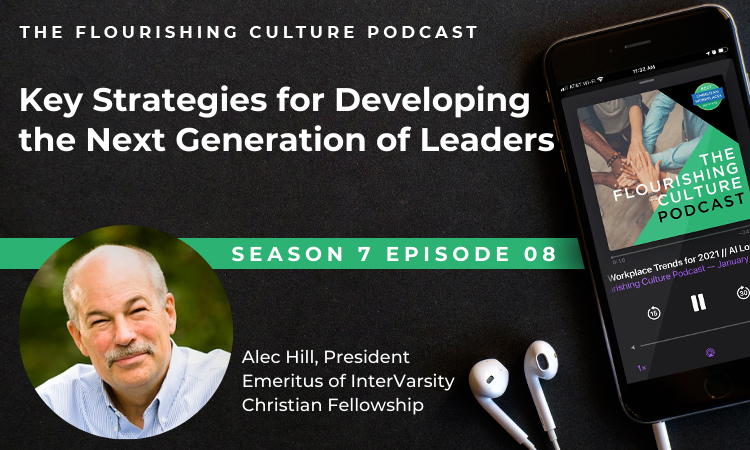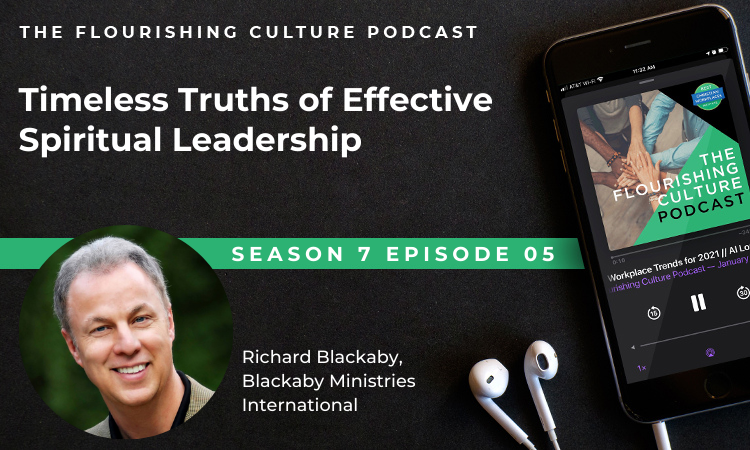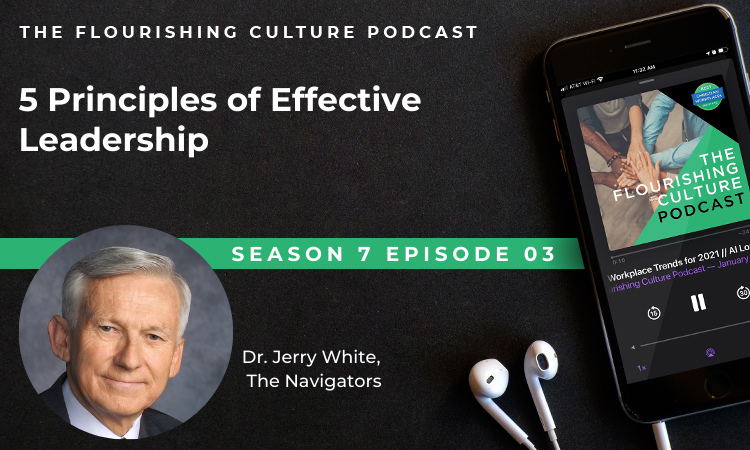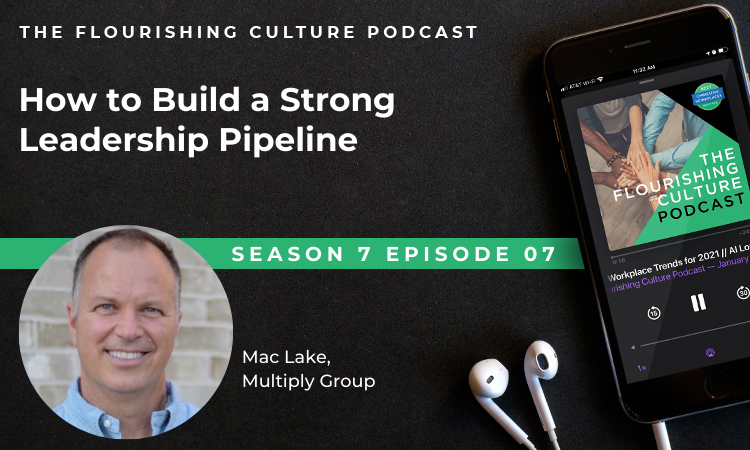What would happen in your organization if a top leader, as they say, 'was hit by a bus?' Alec Hill, President Emeritus of InterVarsity Christian Fellowship can say he was and he lived to talk about it. He is a cancer survivor and the author of Living in Bonus Time, as well as Just Business – a book on Christian ethics. Currently, Alec's focus is coaching emerging leaders. Listen in as we learn how to prepare our organization for the next generation by investing in rising leaders.
Listen to the Audio
Listen on Apple Podcasts | Listen on Stitcher Radio | Listen on Google Podcasts
In this episode:
- What are one or two of the most important books you read last year? (02:16)
- Mission at Nuremberg by Tim Townsend (02:35)
- You had an unusual transition out of leadership at InterVarsity because of a life-threatening diagnosis, so you literally had to drop everything and focus on your own health. Obviously, it was not an ideal succession process. How did that go for the organization? And looking back, were there some leaders and foundational principles you had put in place that supported that quick move? (04:00)
- 6 weeks from diagnosis to departure (04:36)
- Our board engaged in conversations about succession. Most nonprofits do not engage in significant conversation about succession (05:00)
- Short-term plan: COO stepped into the interim president role (05:17)
- Long-term plan: five years earlier we developed two cohorts of fifteen prospective, senior leaders (05:28)
- Right now, you are active in coaching emerging leaders within InterVarsity. Let’s start with the spiritual development of a leader – what do you emphasize in this aspect of your coaching? (07:12)
- Spectrum: 1. spiritual director – 2. mentor – 3. coach (07:29)
- Leighton Ford is my mentor, and we talk monthly (08:48)
- The mentee brings a felt need to discuss (08:57)
- Spiritual development emerges from conversations (10:17)
- Sanctification is a slow process! (10:35)
- In the area of developing leadership skills – are there some tools or assessments that you find useful in your coaching as you are helping people grow and develop? (10:53)
- Strength Finders (11:15)
- Myers-Briggs
- Enneagrams
- Hogan – sometimes
- Your coaching time has put you in touch with the next generation of leaders. Are there any discoveries or qualities that you’re excited about as you get to know these emerging leaders on a deeper level? (12:34)
- I find Gen Xers and Millennials to be really missional (13:37)
- They are motivated and pious (13:57)
- What I see is a global sense of the mission of the church (14:20)
- Pious means there's a depth in spiritual formation (15:33)
- When you were the President of InterVarsity you were mentoring people who reported to you. How is it different now, in this role of coming alongside as a seasoned leader but not in the reporting line? And does it make you think of anything you would have done differently when you were a direct leader? (20:02)
- Tougher to mentor people you also evaluate (21:25)
- For those who are listening who might be facing a transition out of their career in the near future – share your thoughts on having an organizing principle for your life. How have you decided what to focus on in this season? (25:47)
- "The organizing principle is the filter through which I accept or deny opportunities. The organizing principle is that I invest in rising leaders." (27:01)
- You’ve used the term “bonus time” since you came through your cancer recovery. What are some of the qualities of this season for you – can you share some good attributes and maybe some harder realities? (30:05)
- "There is life after senior leadership." (35:46)

Additional Resources
Read Alec's article for Christian Leadership Alliance (CLA): Life After a Transition
Read the Transcript
Read a complete, word-for-word transcript of the episode.
FOLLOW OUR HOST
Follow our Host, Al Lopus, on LinkedIn & Twitter.
Email our host at info@workplaces.org
 Best Christian Workplaces
:
February, 21 2022
Best Christian Workplaces
:
February, 21 2022



